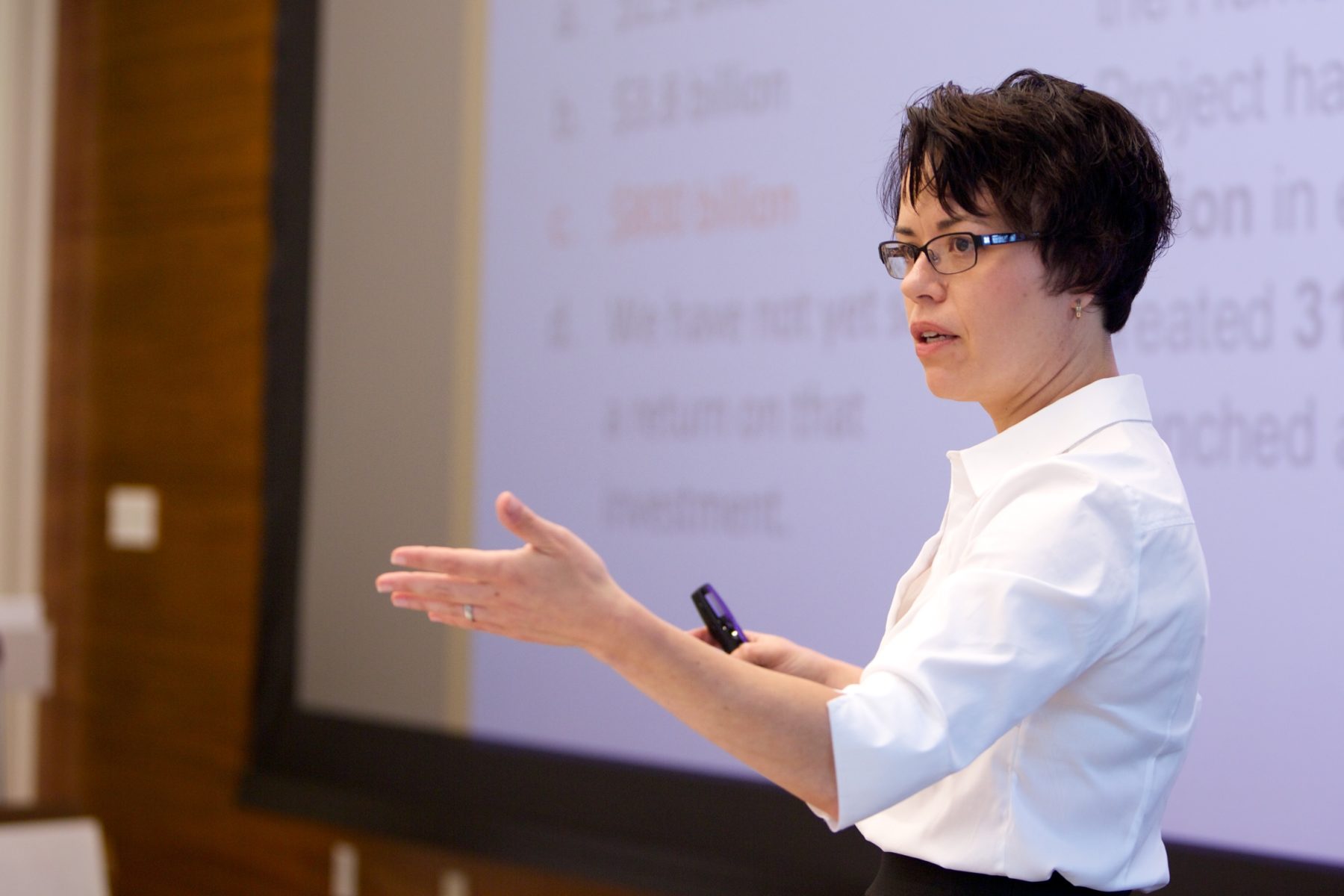New $500K OSPI Award Aids ISB’s Work with Marysville School District
 isbscience.org/news/2015/05/01/new-500k-ospi-award-aids-isbs-work-with-marysville-school-district/
isbscience.org/news/2015/05/01/new-500k-ospi-award-aids-isbs-work-with-marysville-school-district/
Above: Dr. Dana Riley Black, Director for ISB’s Logan Center for Education, speaks to educators about how her team and other ISB researchers work with school districts.
FOR IMMEDIATE RELEASE
Marysville School District Scores $500,000 OSPI Funding for Science & Engineering Workshops for Teachers
3-Year Award Supports Partnership with ISB & UW Engineering to Provide Professional Development for District
SEATTLE, May 1, 2015 – The Office of Superintendent of Public Instruction (OSPI) has announced that the Marysville School District will receive a three-year $500,000 Math & Science Partnership (MSP) Grant to support continued work with ISB’s Logan Center for Education and UW Engineering. Marysville is one of seven area agencies that is receiving an MSP award.
The funds will allow Marysville’s middle school science teachers and several high school and fifth grade science teachers to participate in workshops and community-based externships to learn about engineering and how engineering connects to the lives of their students.
“We are extremely excited about this project,” said Dana Riley Black, Director for ISB’s Logan Center for Education. “These experiences offer teachers a unique introduction to the Next Generation Science Standards providing opportunity for all students not only to learn science, but also engineering. This partnership will provide lessons learned about engineering education that can be shared broadly.”
The Logan Center, which has been a longtime advocate for high-quality science education for all students, has partnered with the Marysville district for several years, but consistent funding has been a challenge. The OSPI award makes it possible for teachers to learn about science and engineering education through workshops, in the field, and to use their classrooms as laboratories to study how they can translate their knowledge into daily practice.
“The most important result of the project will be that hundreds of Marysville students will benefit from teachers who provide authentic engineering experiences in their science instruction,” said Kyle Kinoshita, Executive Director of Learning and Teaching for the Marysville School District. “This partnership will greatly strengthen college- and career-readiness efforts in our school district.”
For more information about about Logan Center for Education, visit logancenter.isbscience.net. Learn more about the Marysville School District here.
Media Contact:
Hsiao-Ching Chou
Director of Communications
Institute for Systems Biology
hchou@isbscience.org






